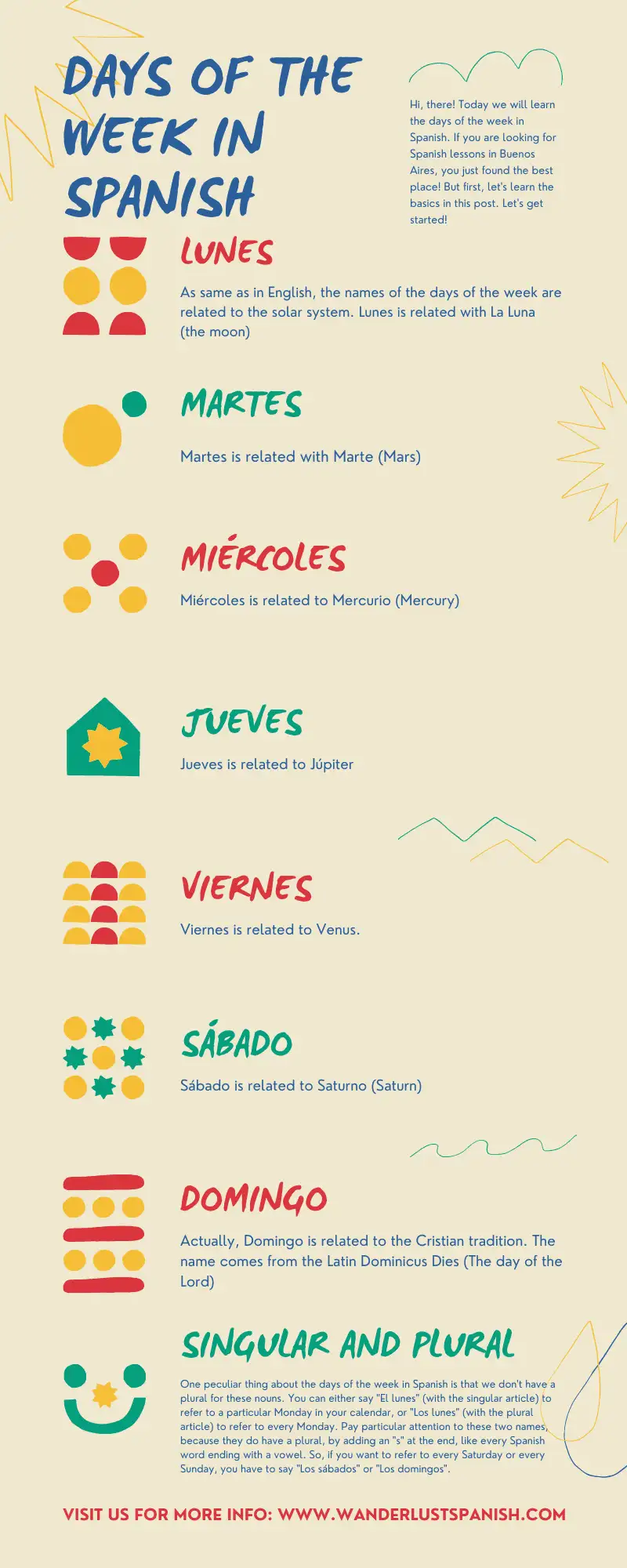Hello Spanish students! ? Are you looking for studying conjugation of hacer in Spanish (and on your own)? Great! Wanderlust Spanish (your best Spanish school) will help with you with that (and with other verbs too)
Conjugations of Spanish verbs
Contents
We know that one of the biggest challenges when we study Spanish is memorizing all the conjugations of Spanish verbs. They are many and some very irregular. But do not be afraid. At Wanderlust Spanish we believe that learning Spanish like learning any language is not learning to ride a bike, but rather it is a long process that lasts a lifetime.
Particularly the conjugation of the verb to do in Spanish is a difficult conjugation because it is very irregular in the present, in the past, and in the future.

Let’s start with the present conjugations of hacer in Spanish:
Presente
(yo) hago
(tú) haces (vos) hacés
(él) hace
(nosotros) hacemos
(ustedes) hacen
(ellos) hacen
As you can see, my Spanish students, the verb “hacer” belongs to the first person type of irregular verb. All conjugations of the verb in the present are regular, except in the first person.
Preterito perfecto simple
(yo) hice (tú) hiciste (vos) hiciste (él/ella) hizo (nosotros) hicimos (ustedes) hicieron (ellos) hicieron
In the preterit, hacer has an irregular stem: hic-. The third-person singular form undergoes a c-to-z spelling-change to preserve the correct pronunciation. Notice also that hacer doesn’t have the accent marks regular verbs use in the preterit ?
Preterito imperfecto
(yo) hacía (tú) hacías (vos) hacías (él/ella) hacía (nosotros) hacíamos (ustedes) hacían (ellos) hacían
Good news! in the preterite imperfect, the verb to do is regular ???
Learn Spanish online

Imperative of hacer in Spanish:
(tú) haz(vos) hacé (nosotros) hagamos (ustedes) hagan
As you know, and if you don’t know it, you can come and learn it at the best online Spanish school. The imperative mood does not have many conjugations because it is a mode that refers to orders or advice (always in the second person)
Presente subjuntivo
que (yo) haga que (tú) hagas (vos) hagas que (él/ella) haga que (nosotros) hagamos que (ustedes) hagan que (ellos) hagan
If you want to know how to learn the Spanish Subjunctive, read this post
Some very common expressions in Latin America with the verb “hacer”:
¡Hace calor! = It´s hot!
¿Hace cuanto tiempo estas viajando por Latinoamérica? = How long are you traveling around Latin America?
Ayer hice mucho ejercicio = I did a lot of exercise yesterday
¡Solo hazlo! = just do it
¿Hiciste tu cama? = Did you make your bed?
Hicimos mucho ruido en la fiesta = We made a lot of noise last night in the party
If you want to know more grammar Spanish, start today with Wanderlust Spanish.
¡Hasta la próxima!









